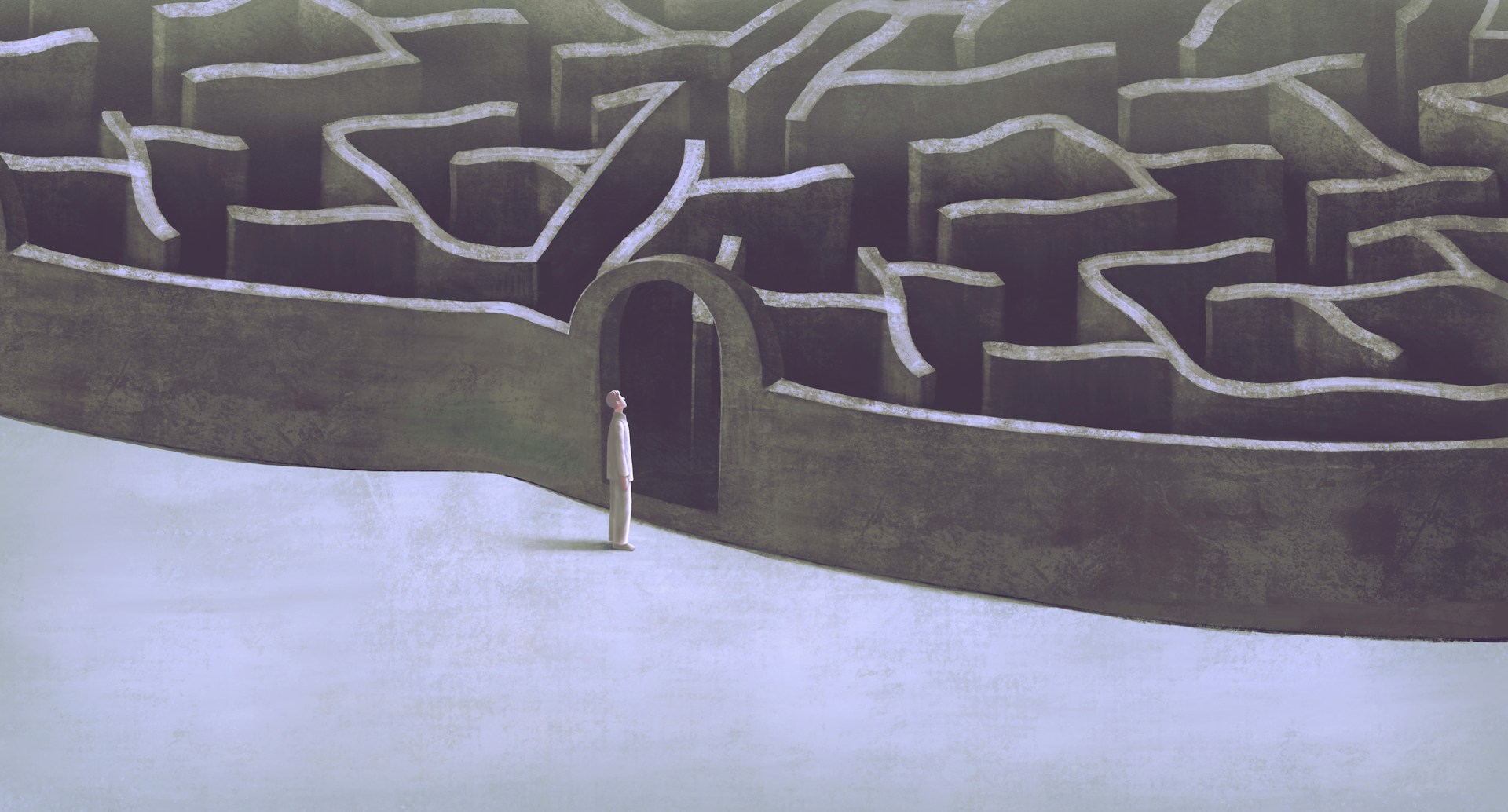-
 Kellie Eleazer : Author
Kellie Eleazer : AuthorHaving been a Christian for 31 years and married for 30 years, I offer a wealth of experience and understanding for teens, adult individuals, and couples. As your counselor, my goal is for you to grow in your knowledge and confidence so you can manage your emotions. I will help you identify your triggers, learn coping skills (incorporating faith when and how it’s appropriate), and figure out where your support comes from. My aim is to set you up for success so you can implement the therapeutic tools effectively in your daily life. Through our time together, my hope is that you will deepen your faith walk with God, recognizing that He is the ultimate source of our strength.
-
 Kate Motaung : Curator
Kate Motaung : CuratorKate Motaung is the Senior Writer, Editor, and Content Manager for a multi-state company. She is the author of several books including Letters to Grief, 101 Prayers for Comfort in Difficult Times, and A Place to Land: A Story of Longing and Belonging. Kate is also the host of Five Minute Friday, an online writing community that equips and encourages Christian writers, and the owner of Refine Services, a company that offers editing services. She and her South African husband have three young adult children and currently live in West Michigan. Find Kate’s books at katemotaung.com/books.
Self-care is often perceived as selfish. But it is essential for maintaining balance in life. The metaphor “put the oxygen mask on yourself first” is an example of prioritizing personal health to ensure you have enough energy to assist others, whether at home or work. Managing stress holistically and proactively is essential for people to avoid depression and anxiety, and also helps to take an offensive stance against the devil’s schemes. The Bible states that each of us is
It’s been a hard month for many people, for many Christians. Our hearts have been heavy with senseless acts of violence. It makes you think about why people do the things they do. It also might make many question God. When you really look at it, you can break it down to not only mental health, but also good versus evil. A former pastor of the C.S. Lewis Institute wrote, “The Bible declares that evil is far worse than we
Many couples do not realize the struggle of marriage in the beginning. They are so consumed with the “emotions and feelings” of love that they forget that it takes intentional focus and effort. Thus begins the tension between the idea of marriage and the reality of marriage. Many believers find themselves caught in this difficult space. Psychologist Dr. John Gottman researched thousands of couples to understand what makes marriage succeed or fail. His findings aligned remarkably with biblical principles
Perfectionism can be defined as an unhealthy attempt to portray oneself as flawless. It’s characterized by having unrealistic standards and an overly critical evaluation of oneself. Perfectionism is often rooted in a fear of failure, being viewed as incompetent, or being judged harshly for shortcomings. Perfectionism is often fueled by anxiety or self-esteem issues, while the pursuit of excellence is fueled by a deep sense of satisfaction in one’s work. The life of a perfectionist is often marked by fear
Most parents have experienced the dreaded temper tantrum. That moment when your young child does not get their way and suffers a meltdown, typically in a busy store or another public place. For first-time parents, this can be a shock. Your seemingly lovely child is throwing a fit – hitting, kicking, throwing things, and screaming at the top of their lungs. The good news is that tantrums tend to pass and lessen as the child grows and learns to control
Though most parents do their best to parent well, some may get it wrong sometimes. Even the best parent may treat a child in ways that cause damage unintentionally. If you have reached adulthood and begun to wonder why you struggle with a certain aspect of life, you might find some answers if you evaluate your relationship with your parents as a child. Some parent-child relationship dynamics don’t change in adulthood even when they should. There is a chance that
The death of a loved one is a significant, emotional event. No matter how much someone might try to prepare for it, it still hits people hard. Death is a reality for us all, yet being able to process the death of a loved one is difficult. Though some close friends or family members mean well, their efforts to cheer a grieving person can at times cause more harm than good. It’s okay to be unsure of how to
Ending a relationship can be challenging. Life becomes different and sometimes difficult when a person experiences a break-up. There are times when a breakup can lead to depression. This may not always be the case, but the risk of depression is genuine. Why are you in despair, my soul? And why are you restless within me? Wait for God, for I will again praise Him for the help of His presence, my God. – Psalm 42:11, NASB The emotions
You may often hear people comment on whether they are (or aren’t) morning or evening people. Some people function better, and they are more creative and personable at certain times of the day. To handle the rigors of operating at a time that isn’t ideal for them, some people drink coffee to rouse themselves, others exercise, and others meditate over Scripture and pray to feel energized and in the right frame of mind. There’s another sense in which times
Every person needs support in life. Even the most independent, strong person needs support occasionally. This may be financial support when a job has been lost, emotional support during a health crisis, prayer support when families are struggling, or food and shelter if finances are in dire need. Sometimes, if people are struggling with an issue that they can’t resolve, they may need mental health support. Whatever the type of support, a person must have resources at their fingertips to
Mindfulness is about intentionally and purposefully centering your attention on whatever is happening in the present moment and accepting your thoughts, feelings, and physical sensations without judging yourself for characteristics you dislike or for not meeting your expectations. It is related to self-compassion. The way you treat your own heart is the way you will end up treating everyone else’s. – John Eldredge What is self-compassion? Self-compassion is about being less critical and more accepting of yourself and your
The word codependency has had many definitions throughout the years. The term was coined in the 1970s to describe a person whose life was directly affected by someone who struggled with chemical dependency; it described a person who had an unhealthy way of coping with life in response to someone else’s use of alcohol or drugs (Beattie, 2022). Yet, the most recent definition encompasses a broader range of characteristics and behaviors. Today, codependency can be defined as a relationship













